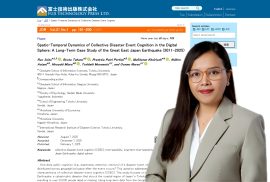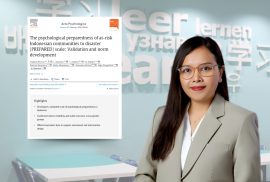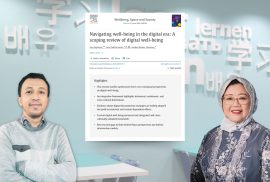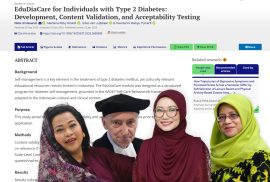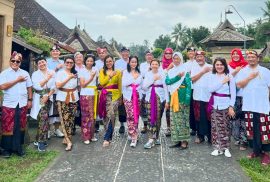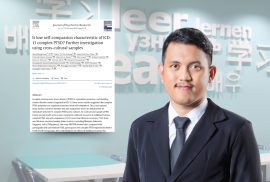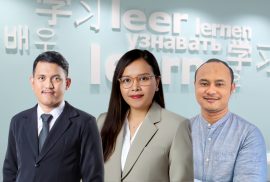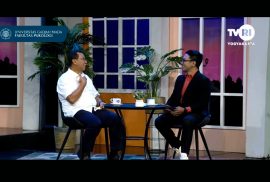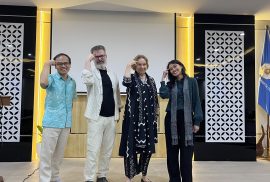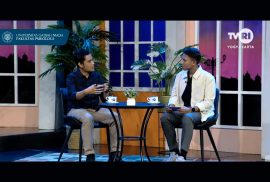Yogyakarta, 10 February 2026 – How do public memory and attention toward disasters change over time? This question is at the center of a recent study involving researchers from the Faculty of Psychology, Universitas Gadjah Mada (UGM), in an international research project on the dynamics of collective disaster cognition in the digital era.
The study was published in the Journal of Disaster Research in an article titled “Spatio-Temporal Dynamics of Collective Disaster Event Cognition in the Digital Sphere: A Long-Term Case Study of the Great East Japan Earthquake (2011–2025).” The research is a collaboration between scholars from Japan and Indonesia, with academics from UGM’s Faculty of Psychology participating as members of the author team.

